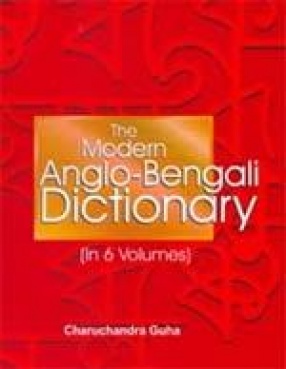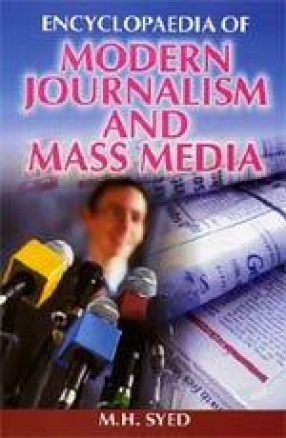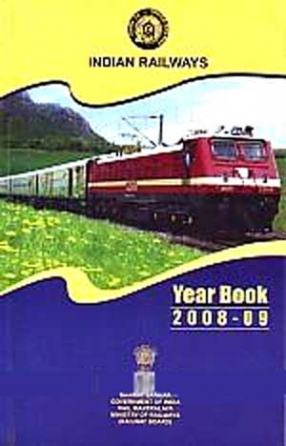The word ‘Dictionary’ is derived from the latin word ‘dictionarium ‘ literally meaning ‘a repertory’ of dictions, i.e. phrases and words. A Dictionary is also called a ‘lexion’ and hence the science of compiling dictionaries is called ‘lexicography’. There are a few types of dictionaries. The most common type of a monolingual dictionary words (or certain specified classes of them) so as to set forth their orthography, pronunciation, signification and use, their synonyms, derivation and history, or at least some of these factors.†A bilingual dictionary is what enters the these of one language and defines them, or more often merely gives their equivalents in another language. The tradition of lexicography is very ancient in India. Since very old times, many lexicons had been written in Sanskrit, some of which have been lost, but a good number survive. The old Sanskrit lexicons are not dictionaries in the modern and homonyms. The compilation of modern dictionaries of Indian languages started with the advent of Europeans –because of a variety of reasons –religions, commercial, administrative and later academic. In this matter, the case of Bengali is no exception. In the history of Bengali monolingual and bilingual dictionaries (we mean vocabularies and dictionaries in which vacables are arranged in alphabetical order), the oldest known work is the Portuguese –Bengali vocabulary, compiled, in 1743, by the Portuguese missionary Manoel da Assump Sao, which, however, has now only historical importance. As a result of the establishment of British rule in Bengal, in the middle of the 18th century, and continued activities of the Christian Missionaries, bilingual dictionaries, English to Bengali and Bengali to English started being complied and published. Among the early compilers of bilingual Bengali dictionaries, mention may be made of William Carey (1761-1834) of Srirampur and Ramkamal Sen (1783-1844). An important landmark in the field of English to Bengali dictionary is The Modern Anglo-Bengali Dictionary is The Modern Anglo-Bengali Dictionary, of Charuchndra Guha published from Decca (1915-1991), in six thick volumes (comprising 2562 pages). His Dictionary is a laudable achievement-it is a ‘dictionary’ and it is ‘modern’ to the true sense of the terms. It fully conforms to the definition of a dictionary, states above. The scope and comprehensiveness of the dictionary may be inferred from he subtitle printed on the title pages of the original edition; it reads: “A comprehensive lexicon of bilingual literary, scientific and technical words and terms.†The dictionary displays not less than one thousand illustrations also. The Compiler has taken care to ensure perfect accuracy of the orthography of words, their accentuation, pronunciation and word divisions. This Dictionary may be called both monolingual and bilingual. If the Bengali parts of the entries are ignored, this may be considered to be a very useful dictionary of the English language. The primary meaning and various shades of meaning of every word, their idiomatic use and best illustrations in full sentences have been presented. The Bengali parts of the entries are also of no mean importance. The most appropriate Bengali equivalents of the English words have been coined. Though the compiler has selected, in most of the cases, chaste Bengali, i.e. Sanskritized words but he has not cherished any prejudice against foreign loan words used in Bengali since the medieval age, or the indigenous coloqual words and expressions, to facilitate clear understanding of the users of the Dictionary. In consideration to all the above characteristics, it may safely be stated that Guha’s English to Bengali dictionary stands hardly surpassed even today.
The Modern Anglo-Bengali Dictionary (In 6 Volumes)
In stock
Free & Quick Delivery Worldwide
reviews
Bibliographic information
Title
The Modern Anglo-Bengali Dictionary (In 6 Volumes)
Author
Edition
1st ed.
Publisher
ISBN
8178354845
Length
x+507p.; iv+508-948p.; iv+949-1264p.; iv+1265-1724p.; iv+1725-2163p.; iv+2164-2500+xxviiip., Figures; 25cm.
Subjects





There are no reviews yet.